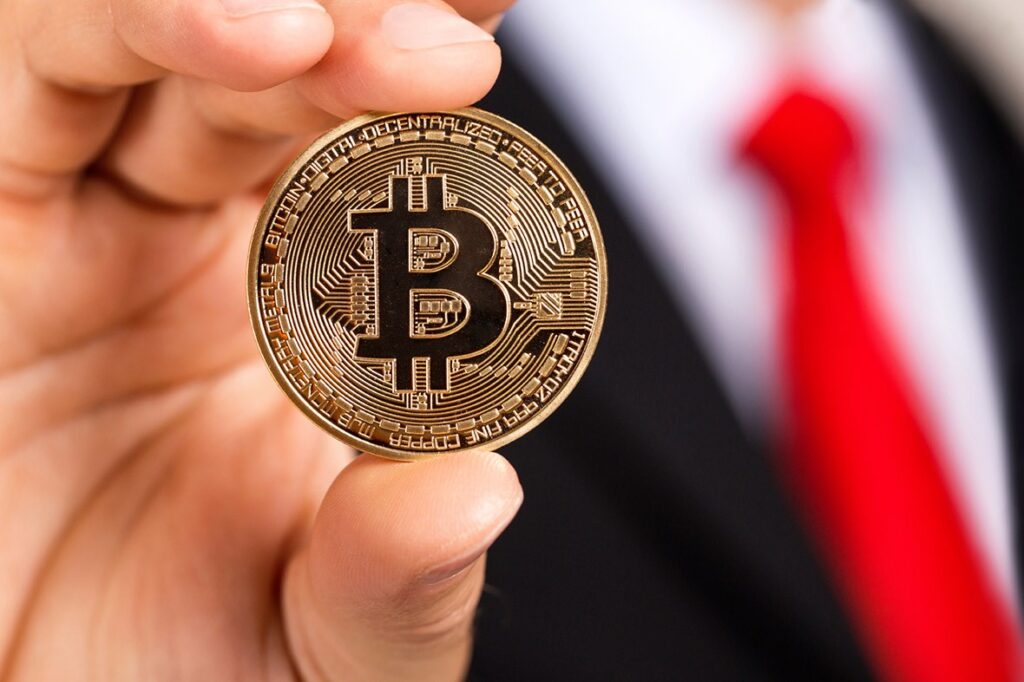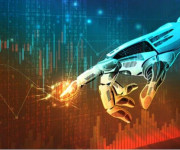The Relationship Between NFT Gaming and Blockchain
Non-fungible tokens (NFTs) are digital assets that show the authenticity of a unique item or proof of ownership. It could be anything from an image, piece of music or software to online content. NFTs are built on blockchain technology. NFT gaming refers to gaming where players can mint, earn, or otherwise obtain NFTs as they play. Using blockchain and leveraging its features means NFT gaming is changing how games are developed, monetized, and played. Here’s a look at how NFT gaming and blockchain are related.
Complete Ownership of In-game Assets
Players do not have complete ownership of their in-game items in traditional games, but they do in NFT gaming. Game developers can create unique NFTs for different in-game items, including acquired assets and characters, with unique identifiers and ownership records. Players can store all these as tokens in the blockchain network.
This control means players can buy, sell, trade, or independently transfer their in-game assets as NFTs in any way they like.
Gamer Community Engagement
NFT game developers leverage decentralized autonomous organizations (DAOs) in their decentralized governance models. These DAOs allow players to participate in the development of their favorite games by proposing features and changes and governing various aspects of the development process.
Additionally, players can leverage their voting rights within the DAOs to put their thoughts down about the development, game rules, and direction. Because of this, NFT gaming can enhance community engagement, strengthen relationships between developers and players, and give players a sense of ownership over the game and its development.
The Blockchain Adds Scarcity and Authenticity
Players and developers can easily duplicate in-game digital assets in traditional games, which means they do not have much value, as anyone can create them. This does not happen in NFT gaming.
Blockchain provides a transparent and immutable ledger that anyone can use to prove the rarity and uniqueness of the assets used in NFT gaming. The trustless system also ensures the scarcity and originality of these assets thereby making them more valuable and prestigious, which in turn increases their status and desirability within a gaming community.
Economics and Marketplaces Driven By Players
The blockchain gaming space has created an environment of scarce, unique, and desirable digital assets while simultaneously making it easy for players to sell or trade the assets they own or need.
The result is an economy and marketplace ecosystem that is driven by players. Players can use these ecosystems to monetize the skills, effort, and time it takes to earn in-game NFTs. Players can also actively and voluntarily participate in shaping these ecosystems and dictating the supply and diamond of digital and virtual assets.
Doing so opens up numerous opportunities for income generation and entrepreneurship within respective gaming communities.
Play-to-Earn Mechanics
Players can also earn real-world value by earning tokens through play-to-earn mechanics. Players can sell these tokens and their NFTs to other players or anyone else in an NFT marketplace, earning cryptocurrency they can convert to real-world currency.
NFT gaming would not be possible without the underlying blockchain technology it is built on top of. Both have an intertwined relationship, with gamers benefiting immensely from this relationship.



























